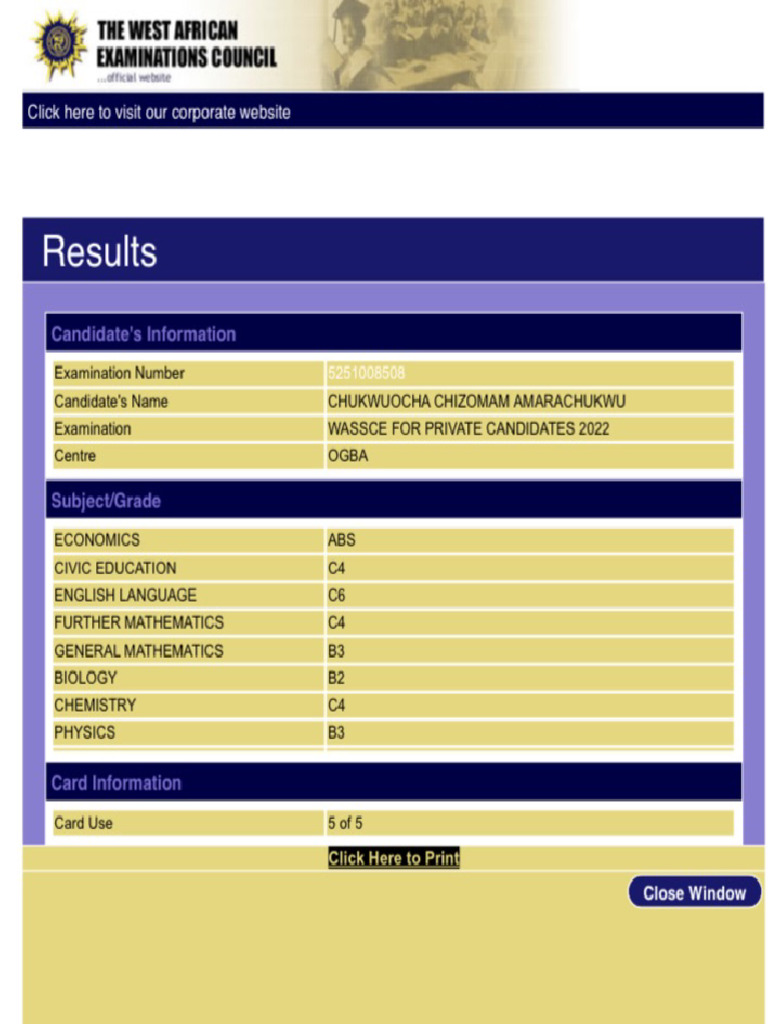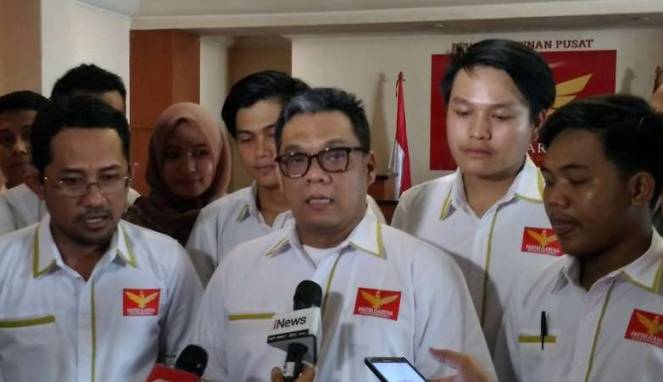The awkward differences between the original and revised results of the 2025 WASSCE published by WAEC have revealed the sub-regional examination authority’s shortcomings in embracing advancements for better exam performance. Hence, WAEC needs to raise its level of excellence.
After the digital malfunction in the 2025 UTME results several months back, another “error” highlights the reality that the nation’s two examination agencies tasked with students’ School Certificate and higher education admissions still haven’t mastered proper exam management.
These preventable mistakes bring up significant concerns regarding their ability to manage advancements like CBT, which they expect students to adopt. Hence, there is a necessity for WAEC to show guidance in the proper use of technology in exams to achieve the best outcomes.
Tolong support kita ya,
Cukup klik ini aja: https://indonesiacrowd.com/support-bonus/
The preliminary figures published by WAEC indicated that 38.32 percent of the 1,969,313 students who took the exam achieved credits or higher in five subjects, which include English Language and Mathematics.
With students, parents, and other interested parties expressing anger over the results, which were considered the worst in the last decade, WAEC declared the results portal closed, stating it detected a technical issue in the released data.
Following the resolution of the issue and the analysis of the outcomes, the examination authority issued an updated version showing 62.96 per cent, which means 1,239,884 candidates secured five credits, including English and Mathematics, compared to the original 38.32 per cent. This indicates a significant rise of 24.64 percentage points from the initial rate.
Despite this progress, the 62.96 per cent pass rate remains below the outstanding results seen in the previous four years (2021-2024), where pass rates consistently went beyond 70 per cent. It weakens the consistent upward movement noted in recent years.
Indeed, the enhanced outcomes correspond to 52.97 percent in 2016, 59.22 percent in 2017, 48.15 percent in 2018, 64.18 percent in 2019, and 65.24 percent in 2020. According to this metric, the latest result is third in the inconsistent results profile from 2015 to 2020.
The Head of the National Office, WAEC, Nigeria, Amos Dangut, stated, “We conducted an investigation and found that a serialized code file was incorrectly utilized in the production of the English Language Objective exam. This led to them being graded with wrong answer keys.” This explanation is not acceptable.
In terms of innovation adoption and execution, WAEC did not meet the expectations. In addition to the technical issues, WAEC forced students to take the exam at unusual times. The English Language Objective Paper III was conducted between 9 pm and 11 pm in certain areas of the country because of exam leaks.
Although WAEC’s timely acknowledgment and bravery in confronting the mistakes are praiseworthy, these qualities cannot replace expertise. The examination organization needs to be meticulous, professional, and must steer clear of avoidable errors that could jeopardize students’ chances and tarnish its image as well as the nation’s standing.
Exam administration is not set in stone. After all, other participating countries did not face this kind of incompetence.
The implementation of new changes marks a fresh chapter in the School Certificate Examination, which exclusively recognizes dedication. All involved parties, such as parents, educators, and pupils, should acknowledge this reality.
Students should now understand that with the implementation of serialized objective exams in core subjects and the use of computer-based testing, the time of exam cheating is slowly drawing to a close.
The unacceptable variations in students’ results in the WASSCE over the last decade, along with this year’s break in the consistent high performance seen in the previous four years, suggest that those involved in education need to focus more on it.
State governments need to focus on education by hiring additional teachers, offering competitive salaries, and ensuring sufficient funding for school facilities.
Provided by SyndiGate Media Inc. (Syndigate.info).







